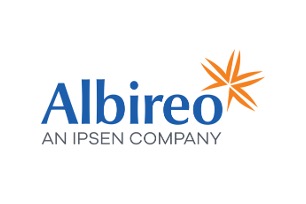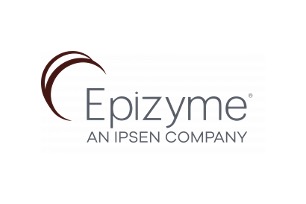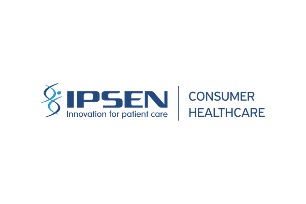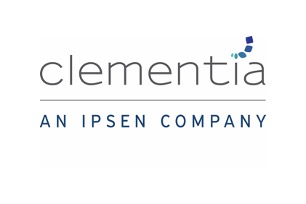Fondée en 1929 en tant qu’entreprise familiale, Ipsen dispose de près d’un siècle d’expérience et d’expertise. Le Groupe se focalise aujourd’hui sur trois aires thérapeutiques : l’oncologie, les maladies rares et les neurosciences.
Les étapes importantes de l'histoire d'Ipsen
Mars 2023

Ipsen acquiert Albireo
Ipsen acquiert Albireo, une entreprise spécialisée dans les maladies rares du foie, et intègre ainsi à son portefeuille Bylvay® (odevixibat), un inhibiteur non systémique du transport iléal des acides biliaires pour le traitement du prurit chez l’enfant atteint de la cholestase intrahépatique familiale progressive (PFIC).
Août 2022

Acquisition d’Epizyme
Ipsen finalise l’acquisition d’Epizyme et de son médicament phare, Tazverik® (tazemetostat), un inhibiteur d’EZH2 sans chimiothérapie, premier de sa catégorie, pour les adultes atteints d’un lymphome folliculaire (FL) récidivant ou réfractaire. Tazverik obtient l’approbation accélérée des autorités américaines (FDA) en 2020. Dans le cadre de la transaction, Ipsen acquiert également l’inhibiteur oral de SETD2 d’Epizyme, candidat-médicament premier de sa catégorie en cours de développement.
Juillet 2022

Cession de l’activité Santé Familiale
En février 2022, Ipsen annonce le projet de vente de sa division Santé Familiale après être entré en négociations exclusives avec le laboratoire français Mayoly Spindler. En juillet, Ipsen finalise la cession de son activité Santé Familiale à Mayoly Spindler.
2019

Renforcer les capacités d’Ipsen dans les Maladies Rares
Ipsen acquiert Ia société montréalaise Clementia Pharmaceuticals, spécialisée dans les maladies osseuses rares, qui apporte à Ipsen un candidat-médicament, le palovarotène, pour le traitement de la fibrodysplasie ossifiante progressive (FOP), une maladie génétique rare.
2016

Approbations de traitement et acquisitions d’actifs
L’injection de Dysport est approuvée aux États-Unis pour le traitement de la spasticité des membres inférieurs chez l’enfant âgé de deux ans et plus. Ipsen signe également un accord de licence avec Exelixis pour le cabozantinib, qui reçoit la même année l’autorisation de mise sur le marché pour le traitement en deuxième ligne du carcinome du rein avancé. En janvier de l’année suivante, Ipsen annonce l’acquisition de certains actifs de Merrimack Pharmaceuticals, dont Onivyde®, pour le traitement des cancers du pancréas et des ovaires.
